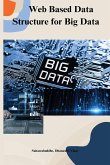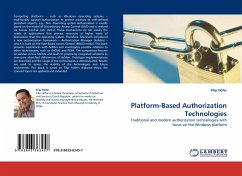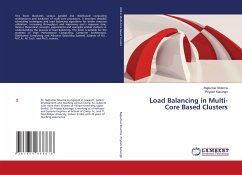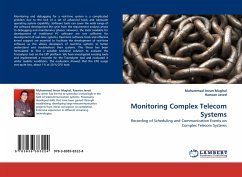Computing in today's world is based on interfacing with other active components in the middle-ware and operating systems. These applications are required to be highly available and it is also important that adequate Execution Security is provided by the underlying operating system. So, dynamic control and situational adaptation is important to achieve the above mentioned goals. The first step in this process is to discover the various components that represent an application's execution, then identify the various interactions among these components, or in other words, behavior of the application and then exercise precise control over the application using the data gathered. Current systems are designed to emphasize functional semantics over behavioral semantics. Behavioral semantics are required for precise computation control. Existing tracing frameworks have provided rich information on both semantics, but in an off-line manner. To achieve precise control, this data has to be provided in real time to the control framework.
Bitte wählen Sie Ihr Anliegen aus.
Rechnungen
Retourenschein anfordern
Bestellstatus
Storno








